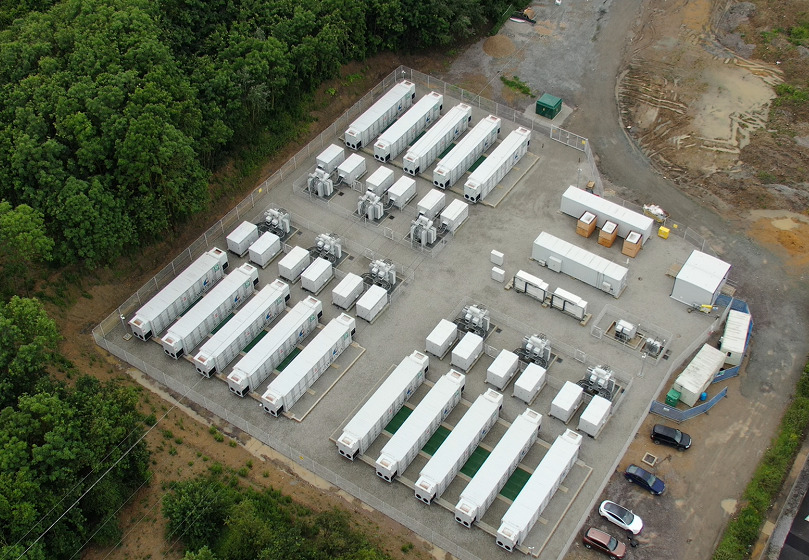Pivot Power has gained planning permission for two new battery storage assets, as it targets the continued expansion of its energy superhubs.
The sites in Sundon, Luton, and Indian Queens, Cornwall, will house lithium-ion battery storage assets, designed to help drive the transition to net zero in the UK by providing grid flexibility, the company said.
Construction of the 50MW/100MWh battery facility in Sundon will start in early 2023, with the aim of connecting it to the existing local substation later in the year. Once complete, a private wire will allow the site to contribute to electric vehicle (EV) charging.
The Indian Queens site will share a grid connection with two other developers, including Renewable Connections. The two companies submitted a joint planning application for the site, and both received permission for the construction of 50MW/100MWh batteries, which are expected to go live in 2024.
Like Sundon, Pivot Power is planning to develop a private wire once the battery is live, boosting EV charging in Cornwall.
Both follow the rollout of other superhubs in the West Midlands and Oxford by the EDF owned energy company, which is targeting 2GW of transmission-connected battery storage and high-volume power connections.
The two new sites will largely mirror the two West Midlands sites, where Pivot is working with Wärtsilä to develop two 50MW/100MWh battery storage assets along with EV charging infrastructure.
The Oxford Energy Superhub is a broader project, including hybrid battery storage, low carbon heating and smart energy management technology elements alongside lithium-ion battery technology and EV charging. As part of this, it fully energised the UK’s largest flow battery in December 2021.
Matt Allen, CEO of Pivot Power said grid flexibility will be essential to “future-proof our electricity system” and support a massive transition to renewables.
“Pivot Power’s smart power infrastructure will help to manage the intermittency of renewables and improve the resilience of the UK’s electricity system. Working closely with local councils, we will help to create a smarter, more flexible grid and supercharge the path to net zero.”





